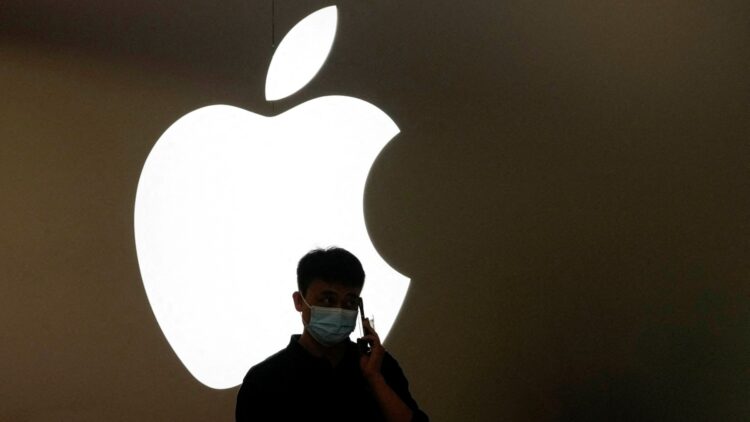Apple recently changed its stance on investing in artificial intelligence, representing a strategic shift for the company, particularly following the rapid expansion of its rivals, Google and Microsoft. The decision comes at a strategic time, as the race for dominance in AI is a priority among global big tech companies.
Apple decides to change its approach to AI after market pressure
Apple AAPL.O CEO Tim Cook signaled on Thursday that the iPhone maker was ready to spend more to catch up to rivals in artificial intelligence by building more data centers or buying a larger player in the segment, a departure from a long practice of fiscal frugality. Apple has struggled to keep pace with rivals such as Microsoft MSFT.O and Alphabet’s Google GOOGL.O, both of which have attracted hundreds of millions of users to their AI-powered chatbots and assistants. That growth has come at a steep cost, however, with Google planning to spend $85 billion over the next year and Microsoft on track to spend more than $100 billion, mostly on data centers.
Apple, in contrast, has leaned on outside data center providers to handle some of its cloud computing work, and despite a high-profile partnership with ChatGPT creator OpenAI for certain iPhone features, has tried to grow much of its AI technology in-house, including improvements to its Siri virtual assistant. The results have been rocky, with the company delaying its Siri improvements until next year. During a conference call after Apple’s fiscal third-quarter results, analysts noted that Apple has historically not done large deals and asked whether it might take a different approach to pursue its AI ambitions. CEO Cook responded that the company had already acquired seven smaller companies this year and is open to buying larger ones.
“We’re very open to M&A that accelerates our roadmap. We are not stuck on a certain size company, although the ones that we have acquired thus far this year are small in nature,” Cook said. “We basically ask ourselves whether a company can help us accelerate a roadmap, and if they do, then we’re interested.”
Now, bolder acquisitions are needed
Apple has tended to buy smaller firms with highly specialized technical teams to build out specific products. Its largest deal ever was its purchase of Beats Electronics for $3 billion in 2014, followed by a $1 billion deal to buy a modem chip business from Intel.
The current context is driving Apple to change its corporate profile. Although it began discreetly acquiring startups, the current need is driving it to become more involved in the AI space. One solution would be to acquire small companies with advanced AI solutions, a strategic opportunity.
Apple is under pressure to explore new alternatives
But now Apple is at a unique crossroads for its business. The tens of billions of dollars per year it receives from Google as payment to be the default search engine on iPhones could be undone by U.S. courts in Google’s antitrust trial, while startups like Perplexity are in discussions with handset makers to try to dislodge Google with an AI-powered browser that would handle many search functions.
The rise of new competitors undoubtedly intensifies Apple’s urgency to diversify its AI investments. Partnering with startups offering AI-powered browsers represents a new way to reduce regulatory risks for the company and a major innovation for consumers, keeping its environment more competitive in the new digital scenario.
New investments could reshape Apple’s future
The need for leadership in AI makes a more aggressive repositioning on Apple’s part inevitable, and it can’t maintain its current stance for long if it wants to compete. Regardless, Apple is about to embark on a new cycle that could define its role and impact in the AI era.
GCN.com/Reuters


